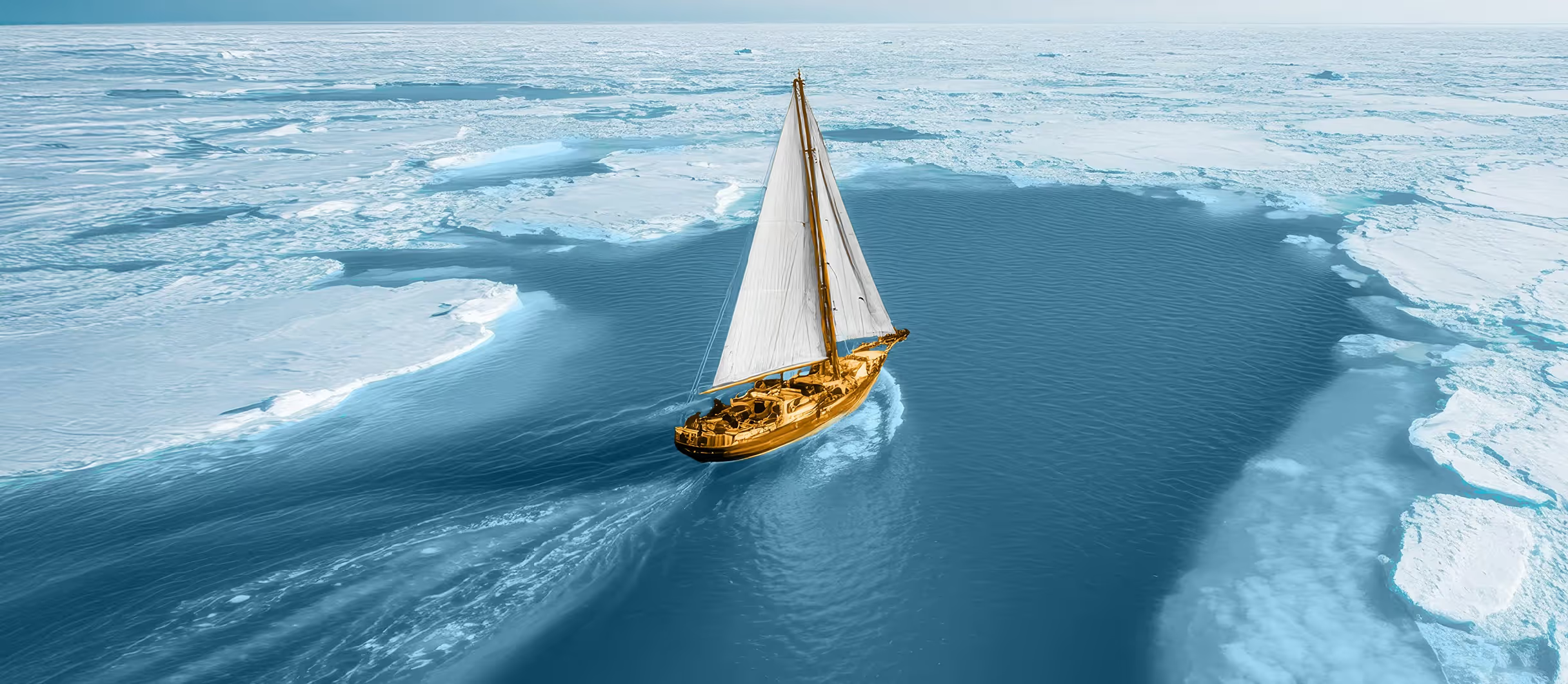Space exploration and the development of related technology are rapidly expanding fields, and with that expansion comes the need to protect intellectual property in space. This of course includes patents but do patents apply in space?
Patents which can cover a wide range of innovations and technologies related to space exploration. However, the enforcement of patents in space is a complex and evolving area of law, with various international treaties and national laws governing the protection of intellectual property in outer space.
One of the main challenges in enforcing patents in space is the fact that outer space is not subject to the jurisdiction of any one country. This means that it is difficult to determine which laws apply to activities carried out in space. Therefore, how to enforce intellectual property rights in this jurisdiction-free environment is problematic.
How can you enforce patents in space?
Despite these challenges, there are a few ways that patents can be enforced in space. One approach is to rely on the international treaties, such as the 1967 Outer Space Treaty and the 1979 Moon Agreement, which establish basic principles for the exploration and use of outer space and provide for the settlement of disputes through international arbitration.
Another approach is to rely on national laws to protect intellectual property rights in space. Many countries have laws that allow for the protection of patents and other intellectual property in space, and these laws can be used to enforce patent rights in space-related activities.
Finally, space-based companies and organizations can also use contracts and other legal agreements to protect their intellectual property rights in space. For example, companies may enter into agreements with partners or customers that specify how their intellectual property will be used and protected during space-related activities.
In conclusion, while the enforcement of patents in space is a complex and evolving area of law, there are a few key approaches that can be used to protect intellectual property rights in this jurisdiction-free environment.
How do you enforce your space patents?
Patents are territorial, which means that they are only enforceable within the country or region in which they are granted. However, the Outer Space Treaty, which has been signed by over 100 countries, establishes that outer space is not subject to national appropriation by claim of sovereignty, by means of use or occupation, or by any other means. This means that no country can claim ownership of a specific location in space or exploit the natural resources of celestial bodies, such as the Moon or Mars.
While the Outer Space Treaty does not address the issue of patents specifically, it is generally accepted that patents cannot be enforced in outer space in the same way that they are enforced on Earth. There are no legal systems in place to enforce patents in outer space, and it is not clear how such enforcement would be carried out in practice.
That said, it is possible for companies or individuals to obtain patents for technologies or processes that are related to space exploration or space exploitation. These patents may be granted by national patent offices and may be enforceable within the boundaries of the granting country. However, these patents would not give the patent holder any exclusive rights to use the patented technology or process in outer space.
There are several challenges that may arise when it comes to patents in the context of space exploration and exploitation. Here are a few examples:
Jurisdiction
As mentioned, patents are territorial, which means that they are only enforceable within the country or region in which they are granted. This can create problems when it comes to enforcing patents in outer space, as it is not clear which legal system would have jurisdiction over a particular activity in space.
Dispute resolution
If a dispute were to arise over the use of a patented technology or process in space, it is not clear how the dispute would be resolved. There is no established legal framework for resolving such disputes, and it is not clear which court or arbitration panel would have jurisdiction.
Technology transfer
The Outer Space Treaty prohibits countries from appropriating outer space or celestial bodies for their own use, but it does not address the issue of technology transfer. This means that a country or company that holds a patent for a technology or process related to space exploration or exploitation may be able to prevent other countries or companies from using the patented technology or process. This could create barriers to cooperation and collaboration in space.
Intellectual property rights
It is not clear how intellectual property rights, including patents, would be protected in outer space. There are no established legal frameworks for protecting such rights, and it is not clear how disputes over intellectual property rights would be resolved.
Overall, the challenges associated with patents in the context of space exploration and exploitation highlight the need for a more comprehensive legal framework to govern activities in outer space.
If you are involved in a project that may involve the protection of intellectual property in space and would like to discuss the best way to achieve the protection you need, please contact our specialist engineering team today.




















.avif)


%203.jpg)



.jpg)
%20(1).jpg)